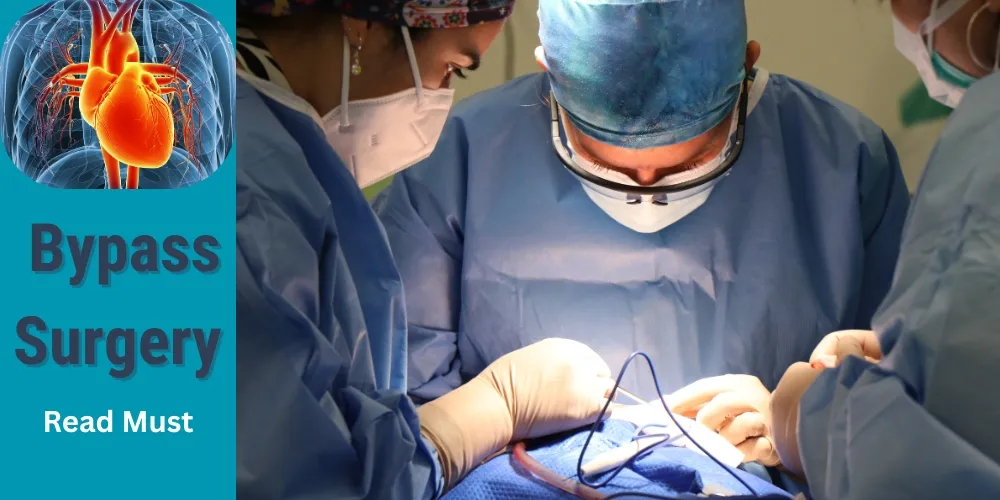Understanding Bypass Surgery: Procedure, Recovery, and Benefits
Introduction:
Bypass surgery, also known as coronary artery bypass grafting (CABG), is a life-saving procedure for individuals with severe coronary artery disease (CAD). This surgery helps restore normal blood flow to the heart by bypassing blocked or narrowed arteries. At MixxMind, we aim to provide you with detailed insights into bypass surgery, including its purpose, procedure, recovery, and long-term benefits.
What is Bypass Surgery?
Bypass surgery involves creating an alternative pathway for blood to flow around a blocked coronary artery. Surgeons use a healthy blood vessel (usually taken from the leg, arm, or chest) to redirect blood flow, improving oxygen and nutrient supply to the heart muscle.
When is Bypass Surgery Needed?
Bypass surgery is typically recommended when:
-
One or more coronary arteries are severely blocked.
-
Medications or less invasive procedures (like stents) are ineffective.
-
The patient has significant chest pain (angina) or is at high risk of a heart attack.
Types of Bypass Surgery
-
Traditional CABG – Open-heart surgery using a heart-lung machine.
-
Off-Pump CABG – Performed while the heart is still beating.
-
Minimally Invasive CABG – Uses smaller incisions for faster recovery.
The Bypass Surgery Procedure
-
Preparation – General anesthesia is administered, and the patient is connected to a heart-lung machine (if needed).
-
Graft Harvesting – A healthy blood vessel is taken from another part of the body.
-
Bypass Creation – The surgeon attaches the graft to bypass the blocked artery.
-
Recovery & Monitoring – The patient is moved to the ICU for close observation.
Recovery After Bypass Surgery
-
Hospital Stay: Typically 5–7 days.
-
Initial Recovery: 6–8 weeks for basic activities.
-
Full Recovery: 3–6 months, depending on overall health.
-
Cardiac Rehabilitation: Essential for strengthening the heart and improving long-term outcomes.
Benefits of Bypass Surgery
✔ Restores normal blood flow to the heart.
✔ Reduces chest pain (angina) and heart attack risk.
✔ Improves quality of life and longevity.
✔ Enhances physical endurance over time.
Risks and Complications
While bypass surgery is generally safe, potential risks include:
-
Infection
-
Bleeding
-
Blood clots
-
Irregular heartbeat
-
Stroke (rare)
Your surgeon will discuss these risks and preventive measures before the procedure.
Life After Bypass Surgery
-
Follow a heart-healthy diet (low in cholesterol and saturated fats).
-
Engage in regular exercise as recommended by your doctor.
-
Quit smoking and limit alcohol intake.
-
Take prescribed medications to prevent future blockages.
Conclusion
Bypass surgery is a highly effective treatment for severe coronary artery disease, offering patients a new lease on life. If you or a loved one is considering this procedure, consult a cardiac specialist to discuss the best options.
For more health insights and expert advice, visit MixxMind.com today!
#HeartHealth #BypassSurgery #CardiacCare #HealthyLiving #MixxMind
